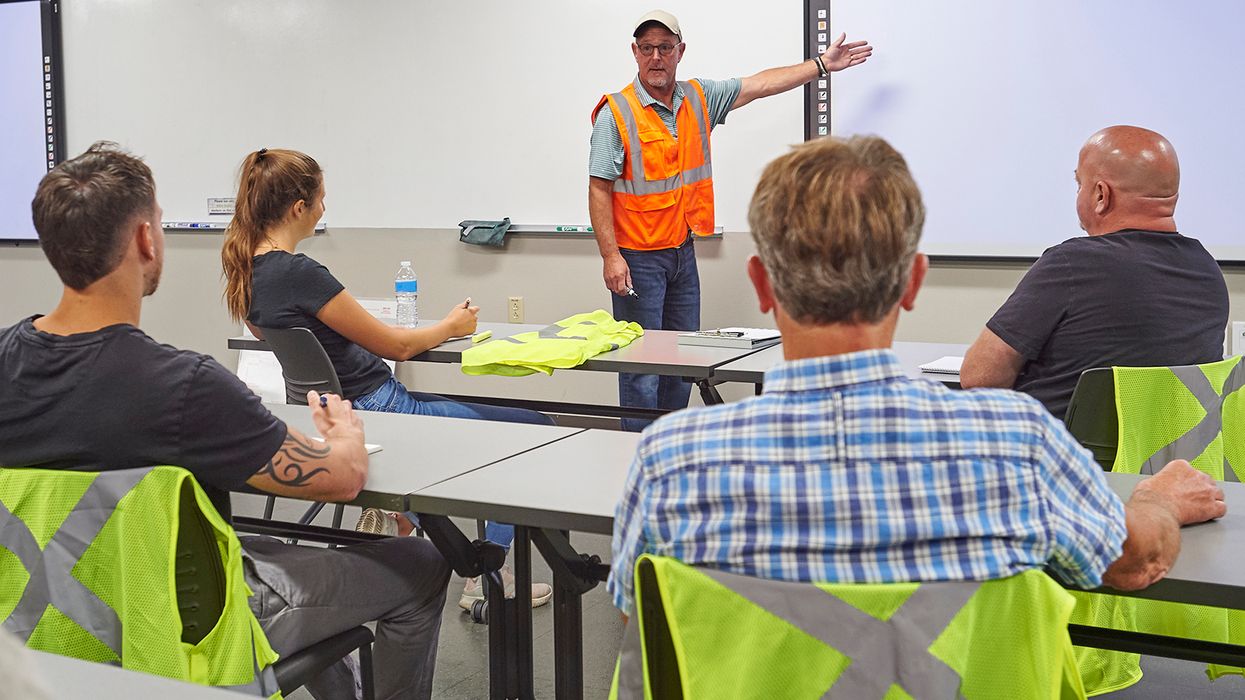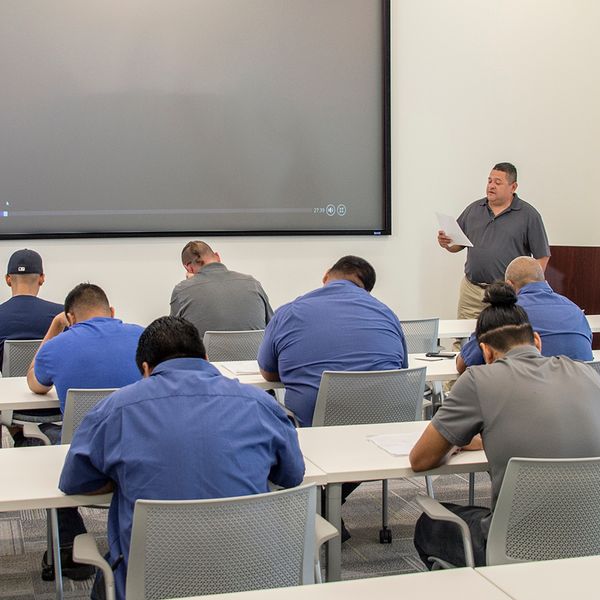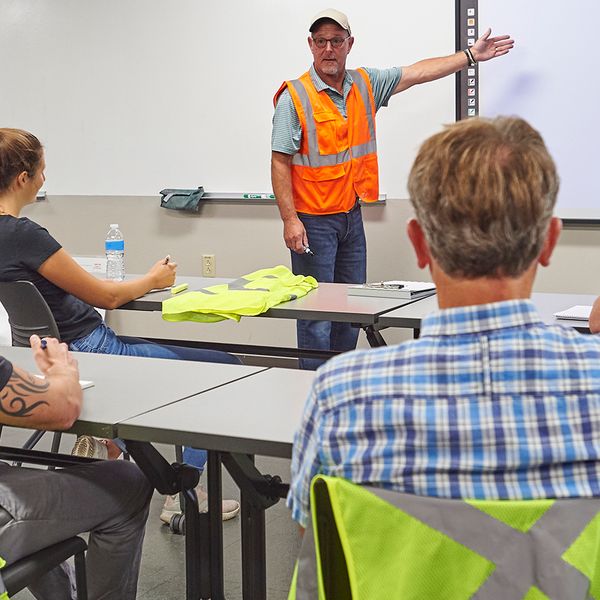The ABCs of OSHA 10- and 30-Hour Training
OSHA’s 10- and 30-hour Outreach Training Program is a voluntary program — available for general industry, construction, maritime, and disaster site workers — intended to promote workplace safety and health and to make workers more knowledgeable about workplace hazards and their rights. It does not fulfill any training requirements found in OSHA’s general industry, construction, or maritime standards. Employers are responsible for providing additional training for their workers on specific hazards of their job as noted in many OSHA standards.
Who’s required to take the training?
No OSHA standard requires employees to take the agency’s 10- or 30-hour outreach courses. However, some states and municipalities have enacted laws mandating the training, particularly for certain construction projects, including:
- Connecticut
- Massachusetts
- Missouri
- Nevada – Additionally, the state has OSHA 10- and 30-hour requirements for entertainment industry workers, convention service workers, and employees of cannabis establishments.
- New Hampshire
- New York
- New York City
- Rhode Island
- West Virginia
- Austin, TX
- Glen Cove, NY
- Miami-Dade County, FL
- Philadelphia, PA
[Note: While this list was current at the time of publication, further state and municipal laws may have been enacted since that time, so it’s important to check your local requirements.]
Additionally, it’s not uncommon for private construction or service contracts to include requirements that only workers who have completed a 10- or 30-hour OSHA outreach course be allowed to work on the site. It’s up to the individual company to decide to include such a requirement in the contract. Taking the course(s) is a best practice.
| Need more information? See our Outreach Training ezExplanation. |
10 vs. 30: What’s the difference?
The 10-hour training program is primarily intended for entry level workers. The courses provide basic awareness training on the recognition, avoidance, abatement, and prevention of workplace hazards. They also provide information regarding workers’ rights, employer responsibilities, and filing a complaint.
The 30-hour training program is intended to provide workers with some safety responsibility a greater depth and variety of training on an expanded list of topics associated with workplace hazards in each industry.
OSHA provides authorized trainers procedures for each industry program — general industry, construction, maritime, and disaster site — on the topic outlines for each industry. OSHA-authorized outreach trainers are not OSHA personnel. Rather, they’re independent service providers who are authorized (not certified) through the program to deliver Outreach training classes. Their schedules and fees may vary. All trainers should possess a trainer card which includes an expiration date along with the name of the authorizing OSHA Training Institute (OTI) Education Center.
Do student course completion cards expire?
At the federal level, student course completion cards don’t have an expiration date. The form and content of additional training is left to the discretion of the student and/or employer.
However, some states and municipalities do have further training requirements, such as refresher training every five years, so you’ll want to ensure you understand what’s required in your area.
Key to remember
OSHA does not require employees to take the agency’s 10- or 30-hour Outreach courses. However, some states and municipalities have enacted laws mandating the training, and private employers also may have such requirements.























































